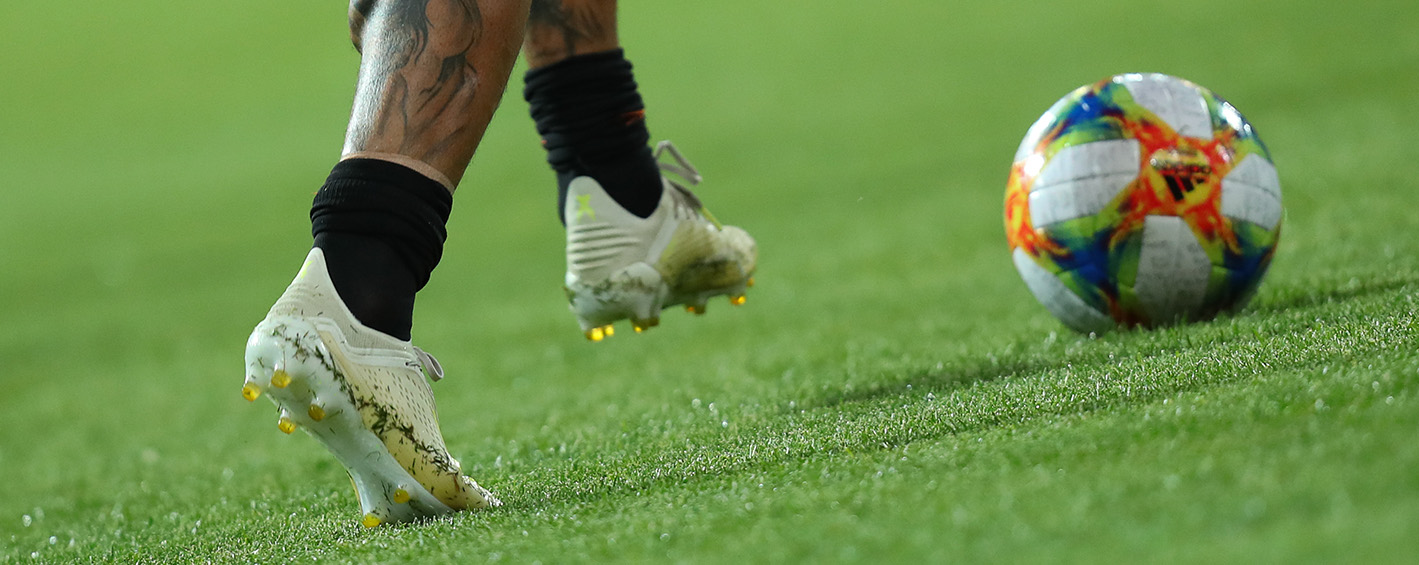Share it
Use these tips to help you conduct thorough evaluations of your players during the pre-season, leading to informed decisions regarding player positions and squad selection.


When it comes to evaluating and assessing players during the pre-season for youth soccer teams, coaches can follow these tips to make the process effective and fair:
- Individual player assessments: Observe each player closely during training sessions and friendly matches. Assess their technical skills, tactical understanding, physical abilities, and mental approach to the game. Take note of their strengths, weaknesses, and areas for improvement.
- Objective evaluation criteria: Establish clear evaluation criteria that align with the team's playing style and objectives. Use measurable factors such as speed, agility, accuracy, decision-making, and teamwork to assess players consistently.
- Variety of drills and exercises: Design a range of drills and exercises that allow players to showcase different aspects of their game. Include activities that test passing, shooting, dribbling, defending, and positioning. This variety helps coaches assess players in different situations.
- Game scenarios: Organize intra-squad scrimmages or friendly matches against other teams to evaluate players' performance in game-like situations. Pay attention to how they apply their skills and tactics in a competitive environment.
- Communication and feedback: Engage in open and honest communication with players. Provide constructive feedback, highlighting their strengths and areas for improvement. Encourage players to self-reflect and set goals based on the feedback received.
- Consideration of potential: While assessing players' current abilities, also consider their potential for growth and development. Identify players who demonstrate a willingness to learn, adapt, and improve over time.
- Individual meetings: Schedule one-on-one meetings with players and their parents/guardians to discuss the assessment results. Share insights, set expectations, and address any concerns or questions they may have. Emphasize the importance of continuous improvement and the role of hard work in player development.
These tips also provide an opportunity to motivate players to work on their weaknesses and strive for personal growth throughout the season.